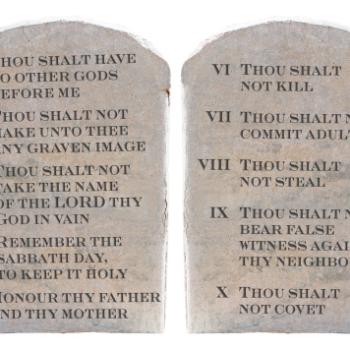The New York Times had a good article Friday about apologizing. It says that apologizing makes a person vulnerable. So, people who resist vulnerability have difficulty apologizing. Mucho men saying “no regrets” is the opposite of apologizing.
Women often complain that men are like that. It may be due to us guys feeling we must appear strong and therefore not let down our defenses. Apologizing renders a person humble. I’m from Texas. Athough Texans are known for their bragging rights, they still have a saying, “We all need to eat a little humble pie once in a while.”
This NYT article consists largely of advise from three female professors of psychology. The main takeaway I got was the first point–for an apology to be effective, and thus received, it must be sincere. How do you apologize to the person you’ve offended so that she or he feels you are sincere? The first way to do that is to own your infraction by beginning your apology in the first person by saying “I,” that is, “I apologize.”
Associate Professor Karina Schumann says, “not all apologies are equal. For a show of remorse to be truly effective, it should be focused on the other person’s feelings and needs, not your own.”
This article caused me to think about the repeated biblical injunction for Christians to confess their sins. That is, a truly effective apology needs to be accompanied with a statement of the offense, that is, “I apologize for” doing so-and-so. And saying the typical, “I apologize for you feeling hurt” is not neither confession, sincere, nor effective.
Associate Professor Beth Polin says, “Skip justifications and excuses.” That reminds me of the classic confessions-with-excuses in the biblical narrative about Adam and Eve in the Bible. After they sinned, God came walking in the garden and said to Adam, “‘Have you eaten from the tree of which I told you not to eat?’ The man said, ‘The woman who you gave to be with me, she gave me fruit from the tree, and I ate'” (Genesis 3.11-12 NRSVue). Adam’s answer is true except it seems to imply that God is at fault by giving him the woman. That is the first excuse in the Bible, and it is truly a humdinger!
We read next, “Then the LORD God said to the woman, ‘What is this that you have done?’ The woman said, ‘The serpent tricked me, and I ate'” (Genesis 3.13). True again, except she seems to blame the serpent rather than herself. The divine punishment for these disobediences was significant: Adam working to produce food from the cursed ground, and Eve bearing children while suffering birth pangs.
Former Associate Professor Lisa Leopold cautions that an apology followed with the words “but” or “if” are conditional words indicating an upcoming excuse, and that “weakens the responsibility” that a genuine apology is designed to provide. Leopold adds that admitting the harm done to the other person, which is true confession of guilt, is important in helping the offended person to forgive.
Dr. Polin adds, “Reassure the person that you’ll do your best not to repeat the offense,” which “builds back trust and confidence…. this looks to the future rather than the past, and also reduces that nagging doubt.”
Dr. Polin also advises following up an apology with a request for forgiveness, such as, “I hope you’ll forgive me.” Dr. Schumann adds, “Give them time and space to forgive.”
But what if people say they will try not to commit the infraction again, but they still do it, maybe many times. That reminds me of the question the apostle Peter asked Jesus, which seems to have been a common social protocol in their culture, “‘Lord, if my brother or sister sins against me, how often should I forgive? As many as seven times?’ Jesus said to him, ‘Not seven times, but, I tell you, seventy-seven times'” (Matthew 18.21-22). Jesus surely meant that if the apologies are truly sincere, there is no limit to how many times we ought to forgive the offending party. However, there may be some requirements that need to be met to regain fellowship. Nevertheless, this is truly one of many teachings of Jesus that established Christianity as a religion of confession of sin leading to remorse, yet compassion and mercy extended by those who forgive.














